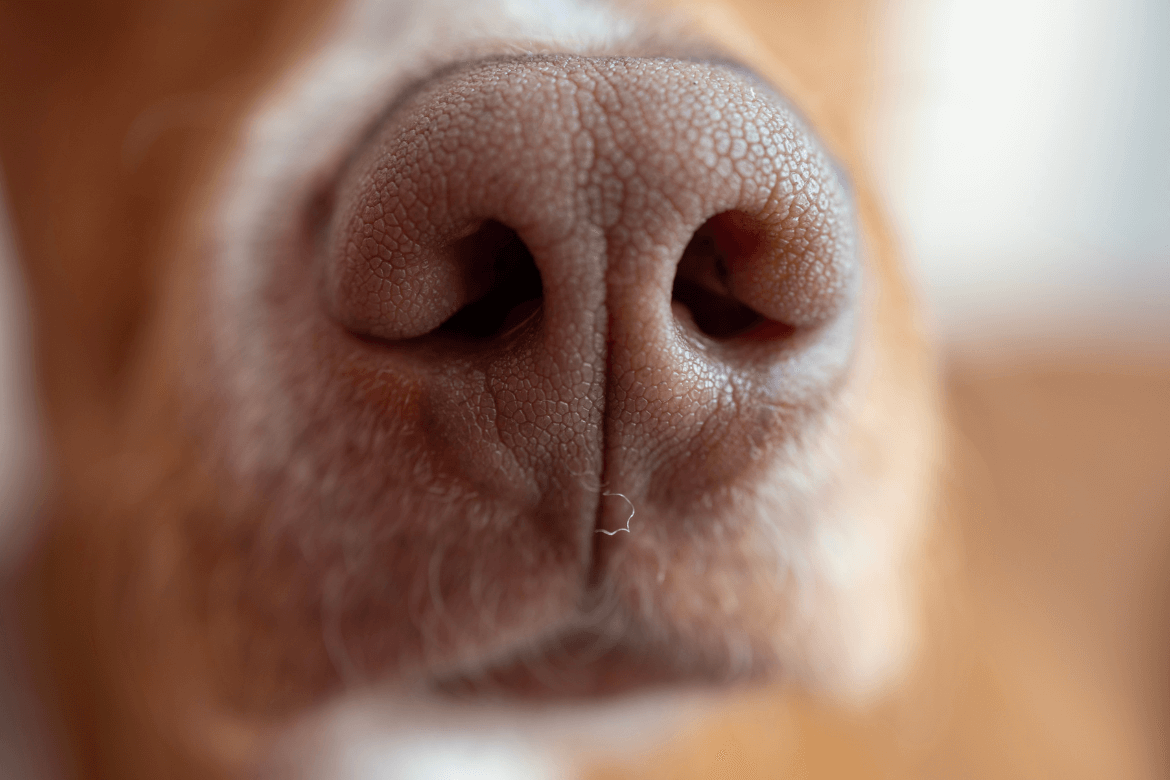O que é Diversos cuidados
What is Diverse Care for Dogs?
Diverse care for dogs encompasses a wide range of practices and considerations that ensure the overall well-being of your canine companion. This includes not only basic needs like food and shelter but also emotional, physical, and social aspects that contribute to a happy and healthy life. Understanding what diverse care means is essential for every dog owner who wants to provide the best for their furry friends.
Nutrition: The Foundation of Diverse Care
A crucial component of diverse care is proper nutrition. Dogs require a balanced diet that meets their specific needs based on age, breed, size, and health status. High-quality dog food, whether commercial or homemade, should include essential nutrients such as proteins, fats, carbohydrates, vitamins, and minerals. Regularly consulting with a veterinarian can help ensure that your dog’s dietary needs are met, promoting longevity and vitality.
Regular Veterinary Check-ups
Another vital aspect of diverse care is scheduling regular veterinary check-ups. Routine examinations allow for early detection of potential health issues, vaccinations, and preventive care measures. These visits are essential for maintaining your dog’s health, as they can help identify problems before they become serious. A proactive approach to veterinary care is a key element in the diverse care of dogs.
Physical Exercise: Keeping Your Dog Active
Physical exercise is an integral part of diverse care, as it helps maintain a healthy weight and prevents behavioral issues. Dogs need regular exercise tailored to their breed and energy level. Activities can include daily walks, playtime in the yard, or engaging in dog sports. Ensuring your dog gets enough physical activity not only keeps them fit but also strengthens the bond between you and your pet.
Mental Stimulation: Engaging Your Dog’s Mind
Mental stimulation is just as important as physical exercise in the realm of diverse care. Dogs thrive on challenges that engage their minds, such as puzzle toys, training sessions, and interactive games. Providing mental enrichment helps prevent boredom and destructive behaviors, ensuring that your dog remains happy and well-adjusted. Incorporating a variety of activities into your dog’s routine can significantly enhance their quality of life.
Grooming: Maintaining Hygiene and Health
Grooming is a fundamental aspect of diverse care that contributes to your dog’s hygiene and overall health. Regular brushing, bathing, and nail trimming are essential practices that help prevent skin issues, matting, and discomfort. Different breeds have varying grooming needs, so it’s important to understand what is required for your specific dog. A well-groomed dog not only looks good but also feels good.
Socialization: Building Confidence and Skills
Socialization is a critical component of diverse care that helps dogs develop confidence and appropriate behaviors. Exposing your dog to various environments, people, and other animals from a young age can prevent fear and aggression later in life. Positive experiences during socialization can lead to a well-adjusted dog that is comfortable in different situations, making outings more enjoyable for both of you.
Emotional Well-being: The Heart of Diverse Care
Emotional well-being is often overlooked but is a vital part of diverse care. Dogs are social animals that thrive on companionship and affection. Providing love, attention, and a stable environment helps reduce anxiety and stress in dogs. Understanding your dog’s emotional needs and responding to them appropriately fosters a strong bond and ensures a happy, healthy life.
Safety Measures: Protecting Your Dog
Implementing safety measures is essential in the diverse care of dogs. This includes ensuring your home is dog-proofed, using leashes during walks, and providing a secure environment for your pet. Awareness of potential hazards, such as toxic plants or dangerous objects, can prevent accidents and injuries. A safe environment is crucial for your dog’s well-being and peace of mind.
Understanding Breed-Specific Needs
Finally, understanding the specific needs of your dog’s breed is an important aspect of diverse care. Different breeds have unique characteristics, temperaments, and health concerns that require tailored care. Researching your dog’s breed can provide insights into their specific requirements, helping you to provide the best possible care and ensuring a fulfilling life for your furry friend.




